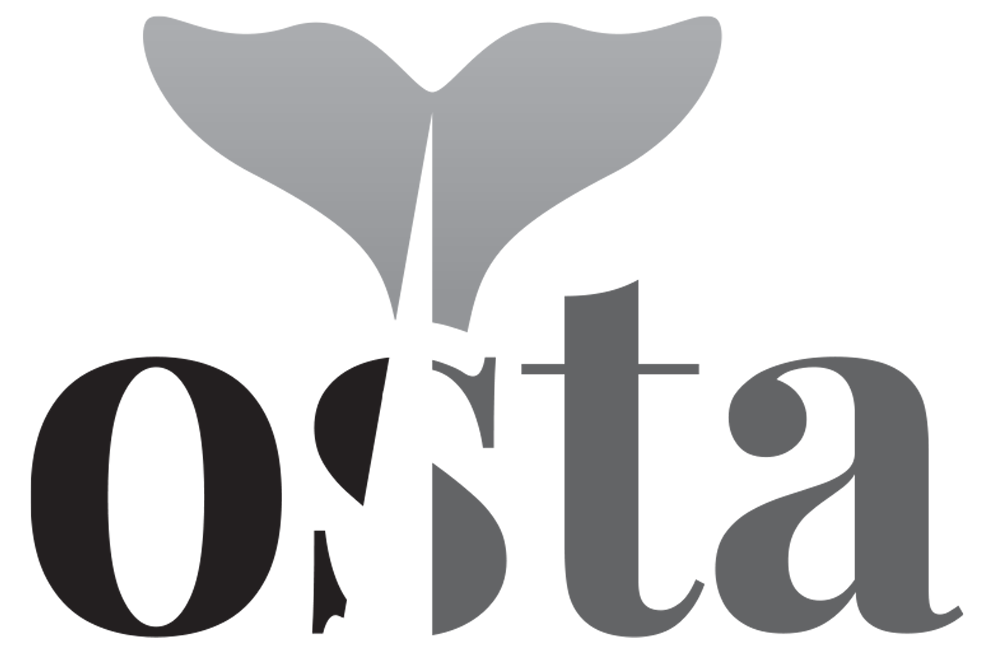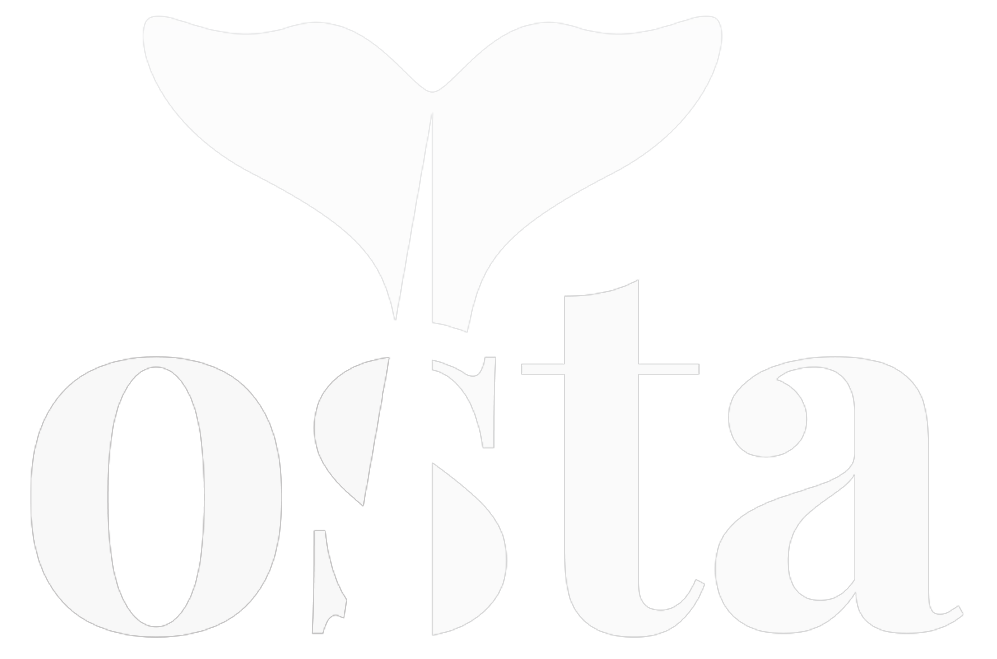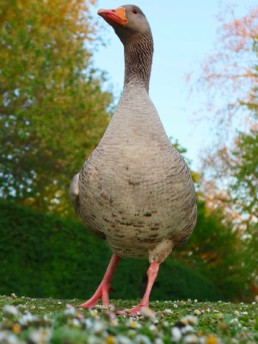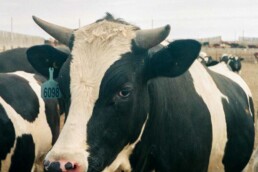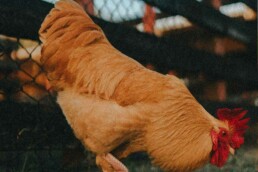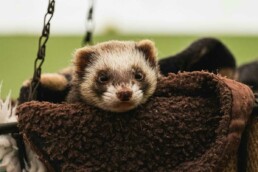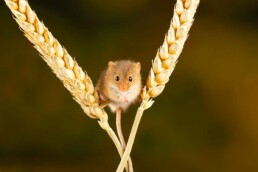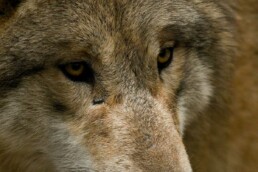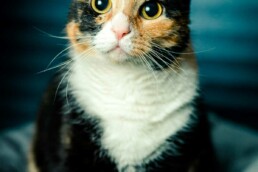Unlocking Animal Happiness
Flanders Bans Foie Gras Production
On March 22, 2019, the Flemish legislator introduced a ban on the production of foie gras through force-feeding, a measure rooted in scientific research that points to significant behavioral and physiological reasons to oppose the practice. This ethical concern stems from the numerous welfare issues identified in force-fed ducks, including loss of food intake control, obesity, bone fractures, liver pathologies, and thermal stress, among others, which severely impact the birds’ welfare and survival.
25,000 Animals
25,000 Ducks
__
In Flanders, a single company was responsible for the production of foie gras, maintaining an animal population of around 25,000 ducks. [1]
Ethical Imperative
On March 22, 2019, the Flemish legislator introduced a ban on raising animals for the production of foie gras through force-feeding.[2]
The ban in Flanders on producing foie gras is grounded on scientific research, indicating significant behavioral and physiological reasons to oppose force-feeding ducks for foie gras. The ethical aspect is a significant concern due to the force-feeding process involved. [3]
The most recent comprehensive study suggests that force-feeding negatively impacts ducks and geese’s welfare.[4] Professor Donald M. Broom, a Professor of Animal Welfare at the University of Cambridge, identifies 31 serious welfare issues, including:
- Force-feeding deprives ducks from controlling their food intake, which is crucial for survival, leading to poor welfare.
- Force-feeding leads to obesity in birds, causing foot and leg disorders, likely causing pain and reducing mobility.
- Bone fractures and other wing lesions are common, mainly occurring during collection, transportation to the abattoir, and shackling.
- Ducks are force-fed a nutritionally unbalanced diet in large amounts, leading to significant liver, bone and other pathologies.
- Force-feeding results in liver pathology, especially steatosis (fatty liver), which is desirable for foie gras producers but significantly increases the duck’s risk of premature death.
- Clear evidence of liver pathology is present, including a reduction in the liver’s ability to detoxify and liver cell damage at the end of the force-feeding period.
- Force-feeding a nutrient-deficient diet in large amounts leads to gross hepatomegaly (liver enlargement), causing pain and difficulties in balancing and movement.
- The enlarged liver can compress respiratory airsacs and other abdominal organs. If liver function is severely compromised, a condition known as hepatic encephalopathy may occur. [5]
- Due to the large amount of high-energy food, ducks undergo considerable thermal stress. They spend a significant proportion of their time panting to thermoregulate and maintain physiological homeostasis.
- With current methods of foie gras production, only three out of 12 criteria and none of the welfare principles described in the Welfare Quality® project are met.[6]
[1] This information is based on a written question posed by Els Robeys to Minister Ben Weyts in the Flemish Parliament regarding the production figures and the implications for the animals involved in foie gras production (1 February 2016, nr. 589).
[2] Decree of March 22, 2019, amending the 1986 Belgian Animal Welfare Law, introducing a ban on the keeping of fur animals and on the keeping of animals for the production of foie gras through force-feeding (original text in Dutch).
[3] Draft decree establishing a ban on keeping fur animals and on keeping animals for the production of foie gras through force-feeding, Flemish Parliament 2018-2019, no. 1804/1, 6. (Original text in Dutch).
[4] Prof. Donald Broom and Dr. Irene Rochlitz, The Welfare of Ducks during Foie Gras Production, 2015, University of Cambridge.
[5] Hepatic encephalopathy is when the liver is unable to effectively remove toxins from the blood, causing these toxins to build up in the brain. This can result to behavioural changes, confusion, and, in severe cases, even coma.
[6] H.J. Blokhuis, I. Veissier, M. Miele and B. Jones (2010) The Welfare Quality® project and beyond: Safeguarding farm animal well-being. Acta Agriculturae Scandinavica, Section A — Animal Science **60, 129-140.
